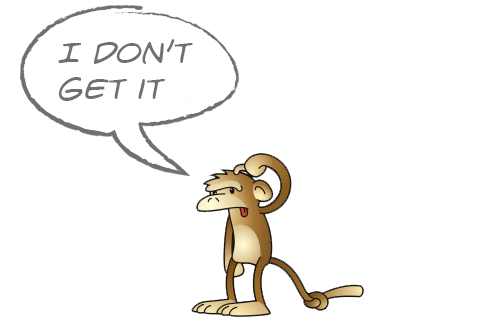Bla ordlisten:
time horizon
— In economic evaluations, the time period specified over which important differences in resource use (costs) and outcomes are expected to occur
Full forklaring:
Differences in resource use (costs) and differences in outcomes (effects) can occur over short or long periods of time.
The time horizon that is used in an evaluation of the cost effectiveness of treatments determines the time period within which differences in resource use and outcomes are included.
Often there will be a trade-off between using a shorter time horizon (e.g. based on the length of follow up for the studies that have evaluated the treatment effects) or a longer time horizon.
With the shorter time horizon, there is more certainty about the effect estimates, and cost estimates.
The longer time horizon may be more relevant to decision-makers and include potentially important information not captured with the shorter time horizon. However, it is less certain, because of the lack of direct evidence of what happens beyond the length of follow-up in the available studies, and the need to extrapolate from those studies.
Still don't get it?
If you feel that this definition hasn't helped you to understand the term, click on our monkey to let us know.

← theory treatment →